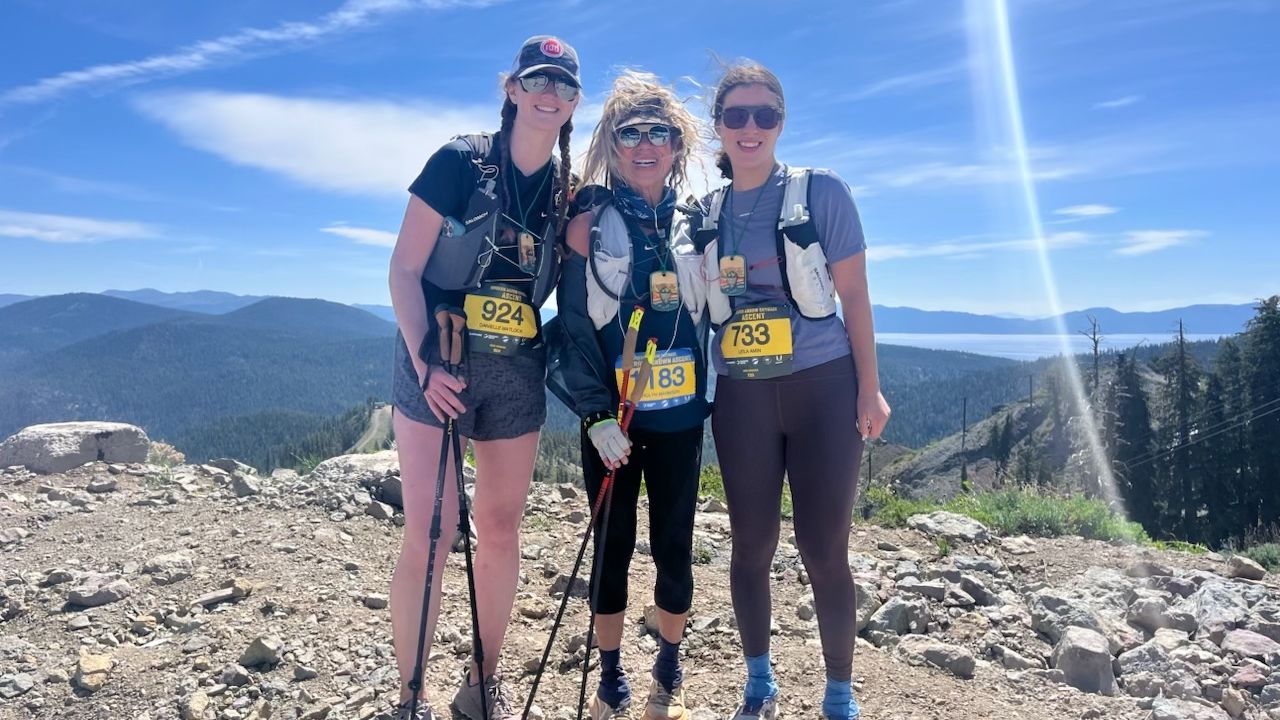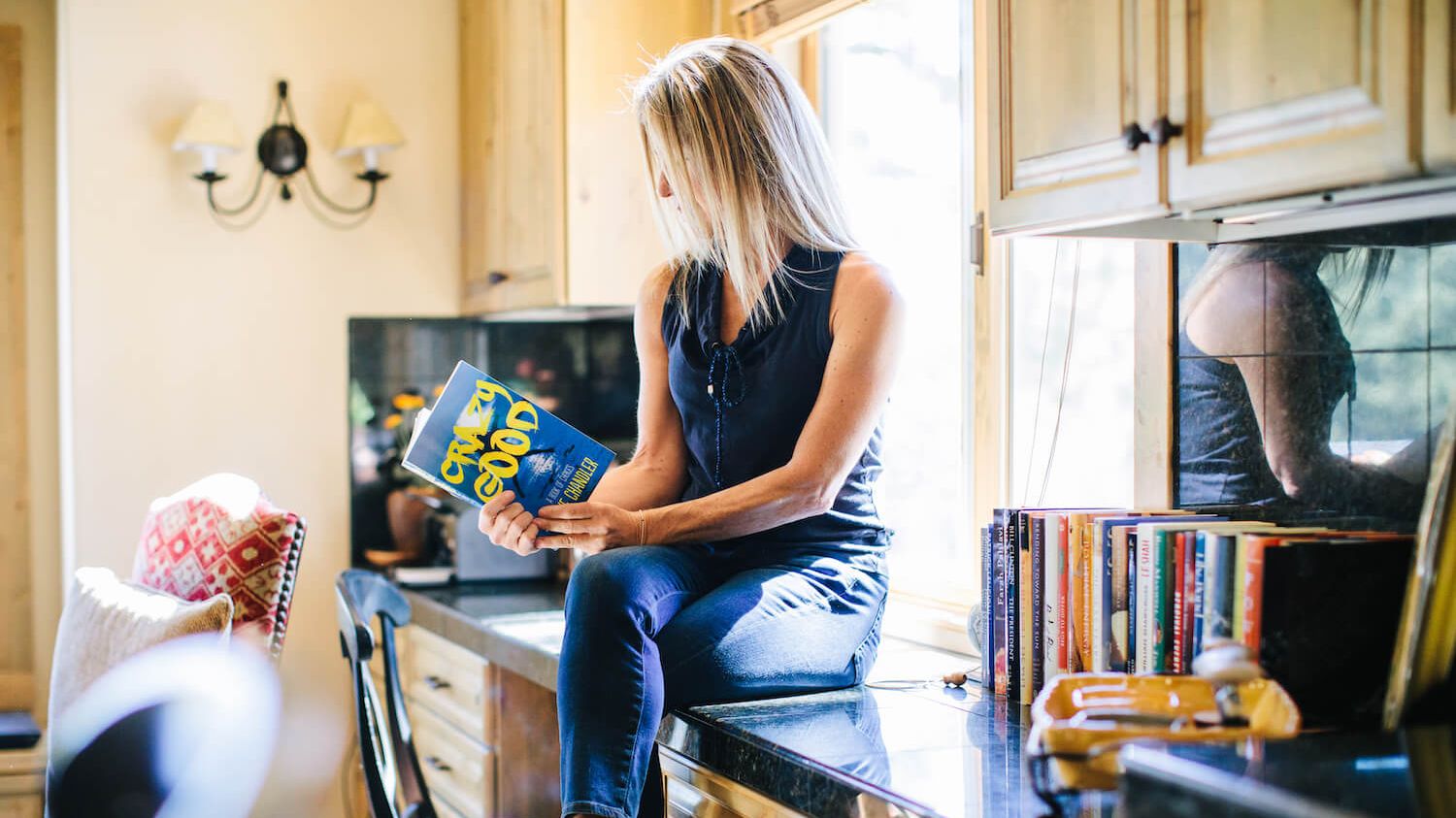Wisdom I Paid For. So You Don’t Have To. (Part 2)

Want to listen to this article instead? Tune in here.
Let’s pick up where we left off in “Wisdom I paid for. So you don’t have to–Part 1.” Here, I share with you wisdom snacks 8-14.
8. It’s NOT the thought that counts.
There was a time in my life when I believed that intentions are what matter most. But the truth is that intentions are like seeds buried deep inside the ground. If a seed doesn’t grow into something above ground, like a flower or a tree, that seed is useless.
When we set an intention, we benefit from a jolt of adrenaline. We are suddenly motivated and excited.
We often mistake this initial feeling for that of having somehow achieved the goal. This is why so many of us continue to dream, talk, and plan for years without taking action. Every time we think about our goal, we get a boost.
But it’s temporary and disappears over time, along with the goal. As one of my teachers, Yoda, is fond of saying, “Do or do not.” To that, I’ve learned to say to myself, “Do or shut up about it.”
9. Take the long cut.
I was the queen of shortcuts. There wasn’t a corner that didn’t deserve to be cut or a hack that wasn’t worthy of my effort! Taking shortcuts was my core competency, and I was proud of it.
Until I wasn’t.
Until life taught me that there is no such thing as shortcuts, hacks, or a free lunch.
Anything worthy requires a minimum commitment and some kind of fee, and that’s just the price of entry into the game of life.
Excellence, which became a goal for me in the second half of life, requires taking the long way. Our success is directly correlated to the amount of time, undivided focus, and patience we are willing to expend.
Shortcuts are for amateurs–people who are content to dance on the surface of life. For those of us who crave depth, we must learn to love long cuts.
10. Space is where miracles happen.
I’m big on miracles of all shapes and sizes.
I believe that we live in a world of miracles.
I believe in supersized miracles like the parting of the Red Sea, medium-sized ones like an injury completely healing right before my big race, and seemingly small ones like my child calling me from the other side of the world at the exact moment I’m thinking of them.
But here, I’m talking about the kind of miracles we only recognize in the rearview mirror of our lives.
The thought that dropped into your mind out of nowhere—the one you acted on, and that changed your life.
The stranger you had a casual conversation with—the one who introduced you to the love of your life.
The easy hike you took with your child—the one that turned into the deepest and most transformative of conversations.
The weekend in the Redwoods, where you discovered desires you didn’t know you had.
These are the kinds of miracles that show up only when we create space in our calendars, days, and lives. It’s just another version of “build it, and they will come.” Build white space, and miracles will come.
11. The “Intensity” of your desire, not your past experiences, decides your future potential.
I wouldn’t be working in the field of human potential if I believed that our past achievements limit our future capabilities. And yet so many of us judge what we are capable of by what we have already created and been good at.
In grade school, the most traumatic moments for me had to do with sports. I was always the last one picked—or more accurately, the one reluctantly assigned to whichever team had the misfortune of picking last. I can’t blame them! I just wasn’t good at sports.
Fast forward a few decades, and I’m so devoted to my sport that I pretty much design the rest of my life around it. What changed? Only desire.
My desire to spend time on trails led to my desire to try trail running, which led to my desire to see if I’m capable of committing to a sport seriously. All of that led to me fulfilling a potential I never imagined I had.
Your past is a data point. But your desire is the powerful force that will build your future.
12. Stop managing expectations.
I was always bold by nature. But when I became a parent, a new kind of fear settled into my bones. This fear was so unknown to me that I didn’t even realize it was taking over my thinking.
This was the fear of my children experiencing disappointment.
Although I did not experience fear of failure in my own life, I experienced fear of my children’s failure as if I were born with it. It felt so real that it took me years and much work to recognize and question it.
Ultimately, I had to accept that I would not be serving my children’s long-term success if I were committed to removing chances of failure and the ensuing emotion of disappointment from their lives.
The change in my parenting looked like this: Instead of managing their expectations– “You know, very few people get into that school”–I helped them increase their failure resilience–their confidence in their ability to recover –“Give it all you got, and it’s totally cool if you don’t get in.”
It was actually my daughter who taught me this skill. One day, when she caught me red-handed in the expectation management business, she said, “You know, Mom, I’m gonna get disappointed anyway, whether you try to manage my expectations or not. I have high expectations, and yes, I will get disappointed if I don’t achieve what I want. But I’ll be fine. So can we just stop doing this?”
Enough said.
13. Pick the one virtue you truly suck at and then work on it every single day.
Here, my teachers are the Stoics of ancient Greece, specifically Marcus Aurelius, whose book, Meditations, is a must-read for anyone yearning to live a more aligned life. Once you understand the four cardinal virtues of the Stoics—wisdom, justice, courage, and temperance, you will know which one(s) come more naturally to you and which one(s) is the most challenging.
Our default tendency is to choose the easier one and practice it even more. Here, I’m inviting you to do the exact opposite.
Forgiveness, arguably the pillar all four virtues stand upon, is the most difficult virtue for me to cultivate. It does not come naturally to me, and I have paid a price for this in the very real diminishment of my peace of mind.
Marcus Aurelius’ aspired to, “forgive a man who has wronged one, to remain a friend to one who has transgressed friendship, to continue faithful to one who has broken faith,” feels unachievable and superhuman to me.
But as we read in the Mishnah, “It is not yours to finish the task, but neither are you free to set it aside.”
14. Silence before wisdom.
If wisdom is knowledge metabolized, then silence is the necessary process of digestion. Silence creates the space that Viktor Frankl spoke about when he said, “Between stimulus and response, there is a space. In that space is our power to choose our response.”
Choosing our response rather than allowing our reactive self to take over is perhaps the wisest practice any of us can cultivate. Think back to any situation you regret, and if you’re a conscious person, you will easily see how you could have contributed to a more positive outcome if only you had chosen a measure of silence in the moment.
We live in a world where silence is undervalued, and throwing our outrage into the world, mostly through social media, feels productive. But that’s just spitting in the wind. The wise person chooses silence over noise, quiet confidence over outrage, and powerful action over intellectual one-upmanship.
Friends, I hope these last two blogs have ignited your curiosity to reflect and acknowledge your own list of unique wisdom and truths that have transformed your life. If so, I’d love to know what they are.
Photo Credit: Debbie L. Banafsheha, D. Bana Photography, Translating Moments of Life into Fine Art. Website: www.dbanaphotography.com







